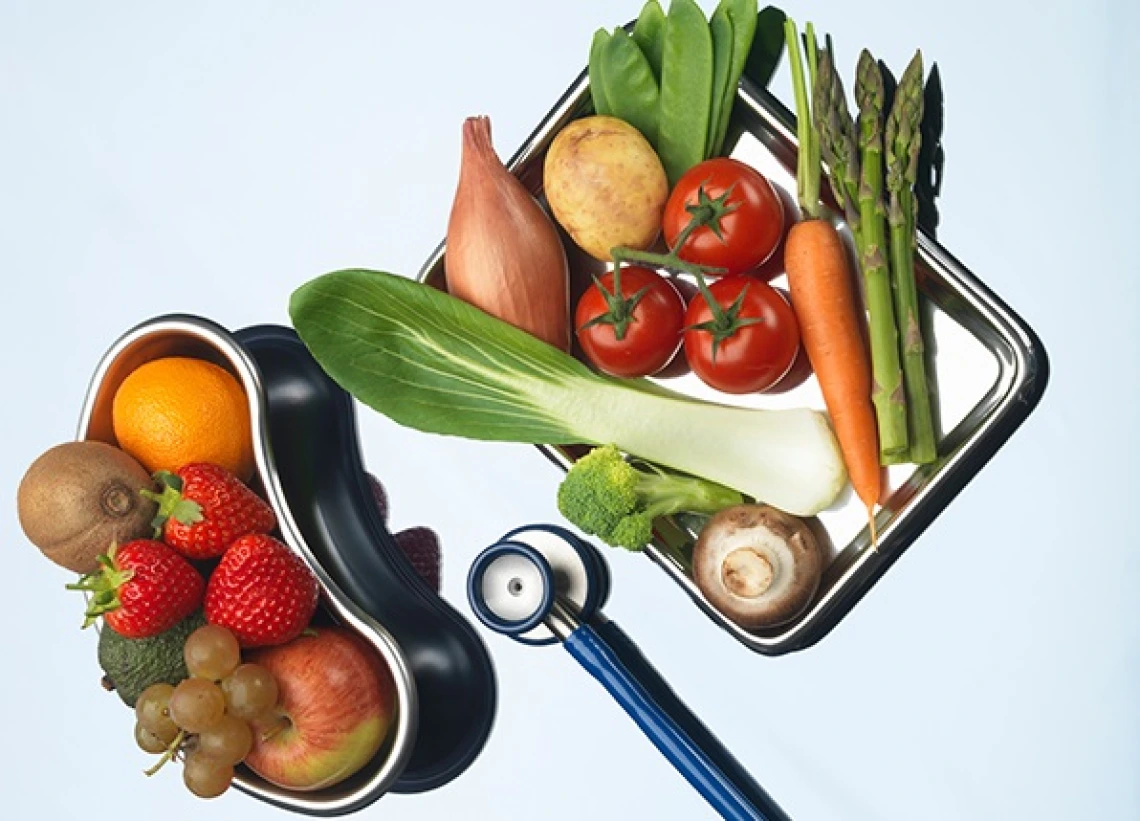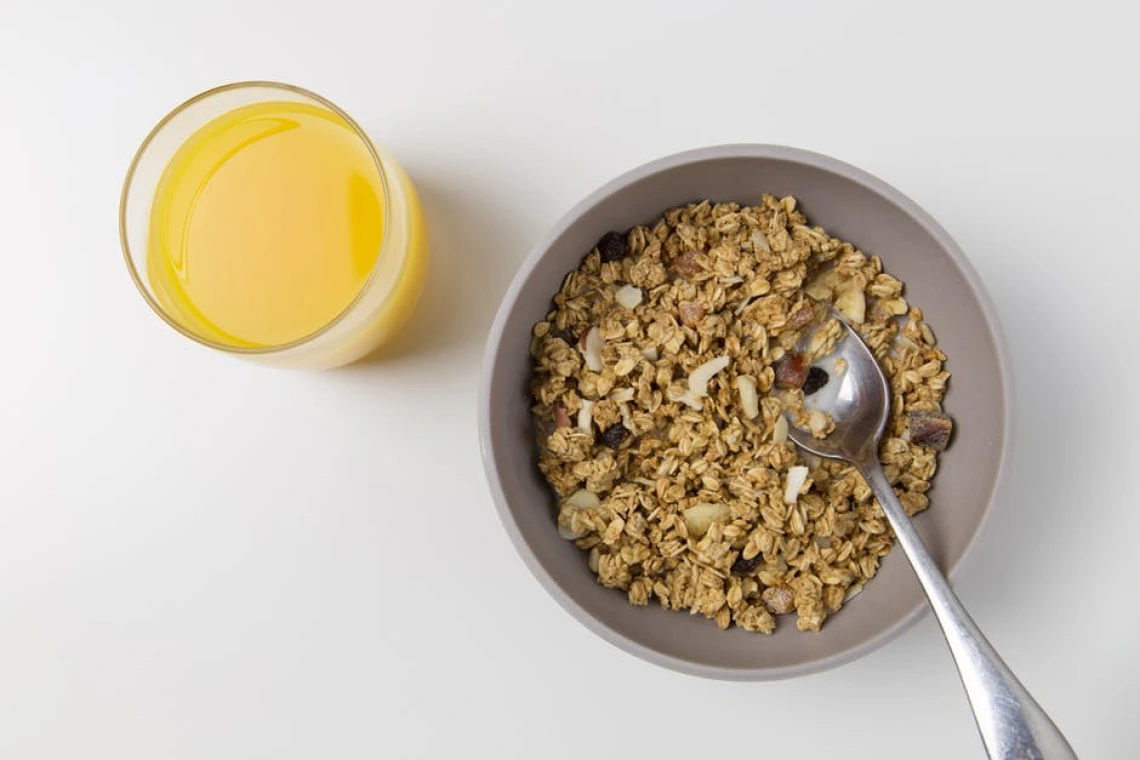A Matter of Choices: 3 Easy-to-Swallow Tips for Changing Your Cancer Risk Through Dietary Choices
Cancer is expected to exceed cardiovascular disease as the leading cause of death in Arizona within the next 20 years.

Cancer is expected to exceed cardiovascular disease as the leading cause of death in Arizona within the next 20 years. While exemplary treatments are available and new immunotherapies hold promise for curing the disease, PREVENTION of cancer is our ultimate goal. Here are three easy-to-swallow tips for changing your cancer risk through dietary choices.
1. If you are overweight, reduce your weight by 5 percent. That is all. Not 25, 30 or 40 percent, but just 5 percent! To do so, simply write down what you eat, cut your portions by 30 percent and select low-energy density Foods, such as fruits and vegetables, lean poultry and fish, and high-fiber grains, legumes (beans, peas and lentils). Drink water all day, every day instead of energy-dense drinks such as full sugar soft drinks, fruit smoothies, many flavored coffee and tea drinks, and some energy drinks.
2. “Eat to poop.” Fiber and water are the perfect combination to improve your daily bowel movements. Regularity is certainly important to help prevent colorectal cancer, but the benefits of fiber do not stop there. Fiber also helps to reduce blood glucose levels, one factor that can add to cancer risk. It also fills you up so you are not as hungry between meals. Add a hefty dose of fiber to your day (30+ grams) by following this simple recipe:
- High-fiber cereal at breakfast (8+ grams) with 1 tablespoon flax seed (3 grams);
- 2 cups green salad for lunch (7 grams) with ¼ cup black beans (7 grams), ½ apple (3 grams) 1 tablespoon sunflower seeds (1 gram) and low-fat dressing;
- lean protein and 1 cup brown rice (4 grams) with a side of 1 cup broccoli (2 grams) and a snack of 1 cup fresh berries (8 grams) with ½ cup sorbet. Don’t forget the water!

Fiber and water or other low calorie beverages are the perfect combination to improve your daily bowel movements.
3. Eat to stay active. Having the energy to stay active is critical to cancer prevention and the foods we eat play a big role not only in improving our energy level but also slowing us down when we make poor choices. To get more energy, eat healthful foods that provide a variety of health-promoting properties from B vitamins for energy production, to water for hydration, to chai seeds for concentrated calories when you need them most. Green tea or coffee can provide the boost of caffeine – but you don’t want this to be your only energy source. Fresh fruits combined with nuts can give you balanced nutrients while promoting a steady blood glucose level – also important to having the energy you need to stay active.
About the Author
Cynthia Thomson, PhD, RD, is a professor in the Mel & Enid Zuckerman College of Public Health and holds joint appointments in the College of Agriculture and Life Sciences and the College of Medicine at the University of Arizona. Dr. Thomson received her PhD from the Interdisciplinary Program in Nutritional Sciences, University of Arizona and completed NCI-sponsored post-doctoral training at the University of Arizona Cancer Center (UACC) with a focus on diet and cancer prevention. As a cancer prevention scientist and co-lead of the UACC Cancer Prevention and Control, her research emphases include lifestyle interventions in cancer survivors, as well as behavioral interventions for weight control and metabolic regulation. She serves as the director of the Canyon Ranch Center of Prevention and Health Promotion at the Mel and Enid Zuckerman College of Public Health, a center whose mission is to support a healthier Tucson community. She also is the director of the Arizona Smokers’ Helpline (ASHLine), a direct service program for the public, funded by the Arizona Department of Health Services, to support smoking cessation and chronic disease risk reduction.

